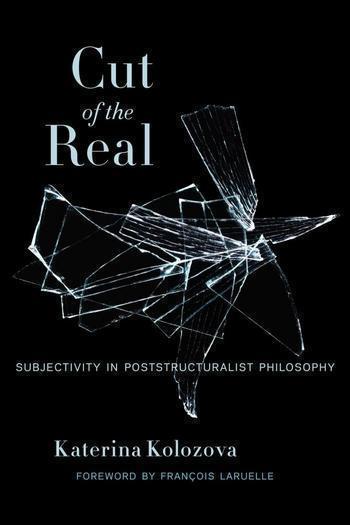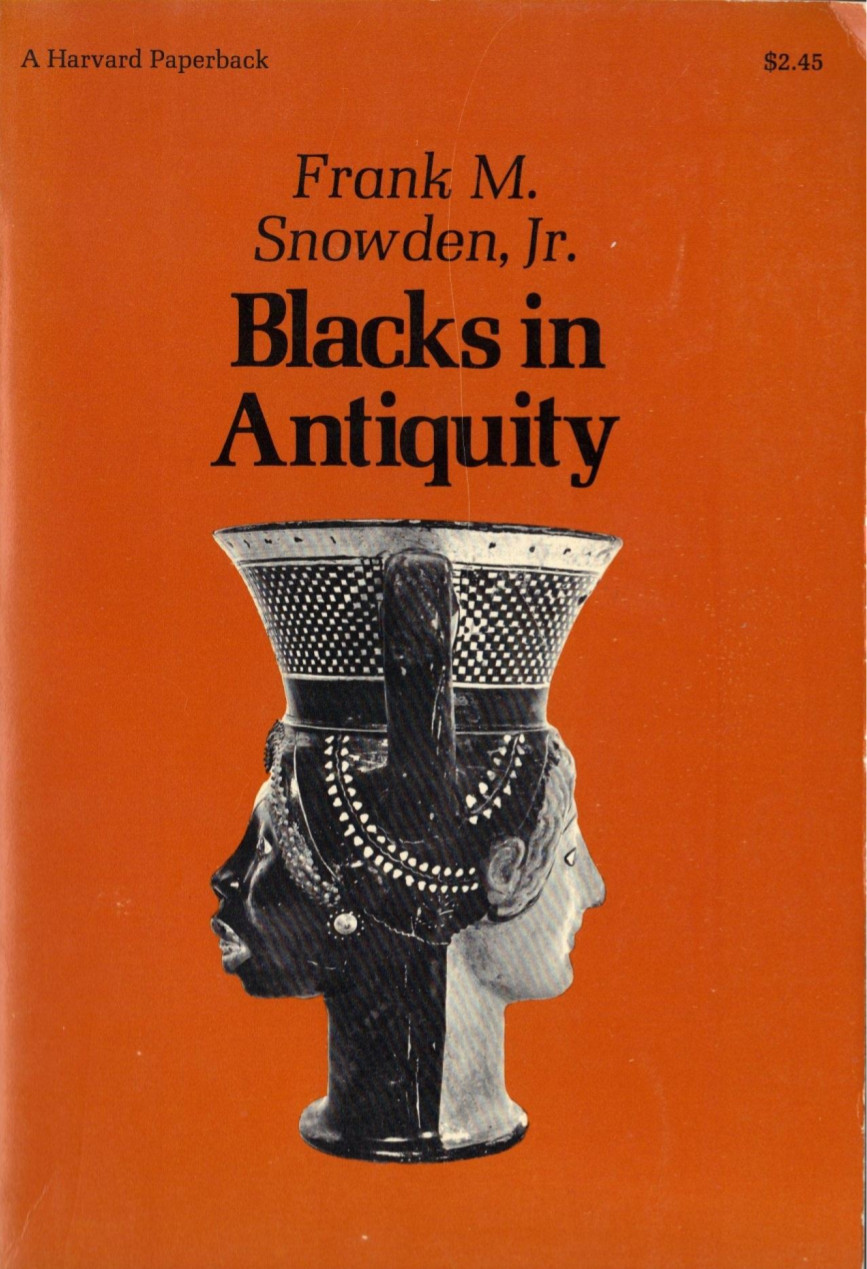Bad Object-Choices (eds.): How Do I Look? Queer Film And Video (1991)
Filed under book | Tags: · cinema, feminism, film, film theory, gender, lgbtq, pornography, queer theory, race, representation, sex, sexuality, video

“The papers and discussions published here comprise the proceedings of a conference held at Anthology Film Archives in New York City, October 1989, organized by Bad Object-Choices, a reading group formed in the spring of 1987 to address questions of gay and lesbian theory. The proceedings were edited by the following group members: Terri Cafaro, Jean Carlomusto, Douglas Crimp, Martha Gever, Tom Kalin, and Jeff Nunokawa.” (from the Preface)
The publication was prepared as a special issue of October journal, but ultimately rejected by the editors; and further delayed as more than twenty printers refused to print the book–at issue were images in the Patton, Mercer, and Fung essays. It was eventually printed in Germany. (see interview with Douglas Crimp and p. 10)
With essays by Cindy Patton, Stuart Marshall, Judith Mayne, Richard Fung, Kobena Mercer, and Teresa de Laurentis.
Publisher Bay Press, Seattle, WA, 1991
ISBN 0941920208
295 pages
Reviews: Jennifer A. Machiorlatti (Journal of Film and Video, 1993), Thomas Dukes (Journal of the History of Sexuality, 1994), Lauri Mullens (Int’l Gay & Lesbian Review).
PDF (65 MB, no OCR)
Comment (0)Katerina Kolozova: Cut of the Real: Subjectivity in Poststructuralist Philosophy (2014)
Filed under book | Tags: · deconstruction, feminism, gender, identity, immanence, language, philosophy, poststructuralism, queer theory, race, subject, subjectivity, transcendence

“Following François Laruelle’s nonstandard philosophy and the work of Judith Butler, Drucilla Cornell, Luce Irigaray, and Rosi Braidotti, Katerina Kolozova reclaims the relevance of categories traditionally rendered “unthinkable” by postmodern feminist philosophies, such as “the real,” “the one,” “the limit,” and “finality,” thus critically repositioning poststructuralist feminist philosophy and gender/queer studies.
Poststructuralist (feminist) theory sees the subject as a purely linguistic category, as always already multiple, as always already nonfixed and fluctuating, as limitless discursivity, and as constitutively detached from the instance of the real. This reconceptualization is based on the exclusion of and dichotomous opposition to notions of the real, the one (unity and continuity), and the stable. The non-philosophical reading of postructuralist philosophy engenders new forms of universalisms for global debate and action, expressed in a language the world can understand. It also liberates theory from ideological paralysis, recasting the real as an immediately experienced human condition determined by gender, race, and social and economic circumstance.”
Foreword by François Laruelle
Publisher Columbia University Press, 2014
Insurrections series
ISBN 0231166109, 9780231166102
xvi+184 pages
Review: Maxwell Kennel (Parrhesia, 2015).
Comment (0)Frank M. Snowden, Jr.: Blacks in Antiquity (1970)
Filed under book | Tags: · antiquity, art, body, history, military, mythology, race

“The Africans who came to ancient Greece and Italy participated in an important chapter of classical history. Although evidence indicated that the alien dark- and black-skinned people were of varied tribal and geographic origins, the Greeks and Romans classified many of them as Ethiopians. In an effort to determine the role of black people in ancient civilization, Frank M. Snowden examines a broad span of Greco-Roman experience—from the Homeric era to the age of Justinian—focusing his attention on the Ethiopians as they were known to the Greeks and Romans. The author dispels unwarranted generalizations about the Ethiopians, contending that classical references to them were neither glorifications of a mysterious people nor caricatures of rare creatures.
Mr. Snowden has probed literary, epigraphical, papyrological, numismatic, and archaeological sources and has considered modern anthropological and sociological findings on pertinent racial and intercultural problems. He has drawn directly upon the widely scattered literary evidence of classical and early Christian writers and has synthesized extensive and diverse material. Along with invaluable reference notes, Mr. Snowden has included over 140 illustrations which depict the Negro as the Greeks and Romans conceived of him in mythology and religion and observed him in a number of occupations—as servant, diplomat, warrior, athlete, and performer, among others.
Presenting an exceptionally comprehensive historical description of the first major encounter of Europeans with dark and black Africans, Mr. Snowden found that the black man in a predominantly white society was neither romanticized nor scorned—that the Ethiopian in classical antiquity was considered by pagan and Christian without prejudice.”
Publisher The Belknap Press of Harvard University Press, 1970
ISBN 0674076257, 9780674076259
364 pages
via yunus_21
Snowden’s short essay based on the book (2000)
When Greek was an African Language (Stanley Burstein, 2006)
Review (B.H. Warmington, African Historical Studies, 1971)
PDF (46 MB, no OCR)
Comment (0)
